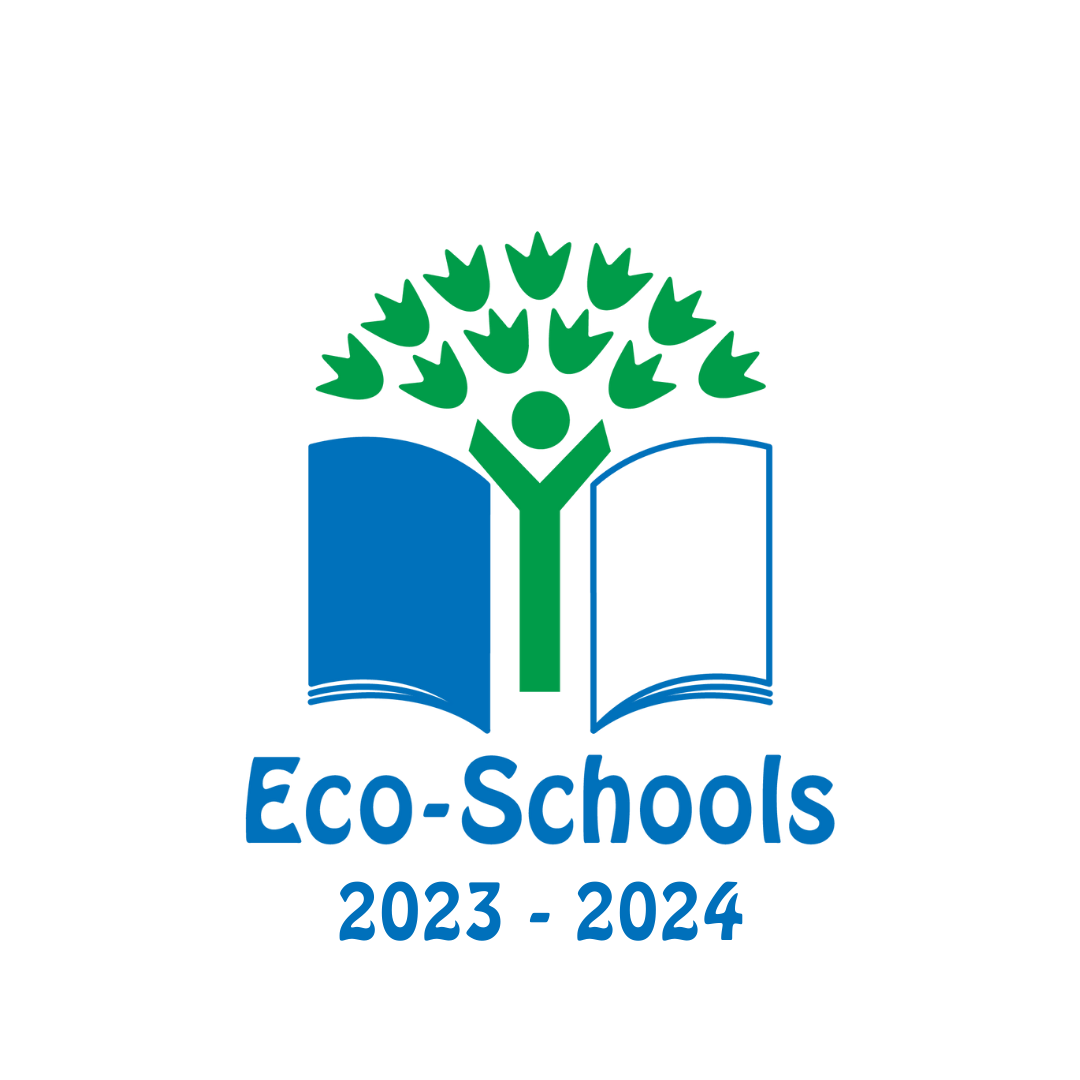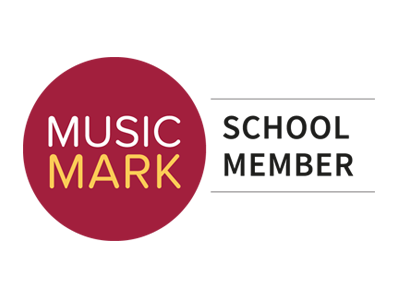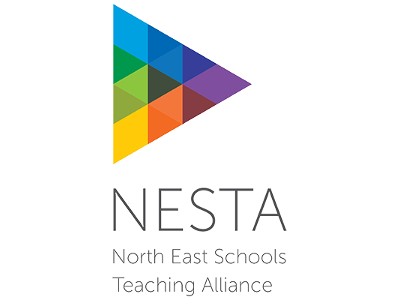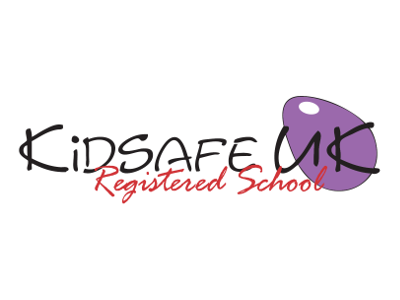Science – Year 5
Download
Download our Year 5 Science curriculum here.
| Essential Skills and Knowledge |
| I can describe the differences in the life cycles of a mammal, an amphibian, an insect and a bird. I can describe the life process of reproduction in some plants and animals. I can describe the changes as humans develop to old age. I can compare and group together everyday materials on the basis of their properties, including their hardness, solubility, transparency, conductivity (electrical and thermal), and response to magnets. I know that some materials will dissolve in liquid to form a solution, and describe how to recover a substance from a solution. I can use knowledge of solids, liquids and gases to decide how mixtures might be separated, including through filtering, sieving and evaporating. I can give reasons, based on evidence from comparative and fair tests, for the particular uses of everyday materials, including metals, wood and plastic. I can demonstrate that dissolving, mixing and changes of state are reversible changes. I can explain that some changes result in the formation of new materials, and that this kind of change is not usually reversible, including changes associated with burning and the action of acid on bicarbonate of soda. I can describe the movement of the Earth and other planets relative to the sun in the solar system. I can describe the movement of the moon relative to the Earth. I can describe the sun, Earth and moon as approximately spherical bodies. I can use the idea of the Earth’s rotation to explain day and night and the apparent movement of the sun across the sky. I can explain that unsupported objects fall towards the Earth because of the force of gravity acting between the Earth and the falling object. I can identify the effects of air resistance, water resistance and friction, that act between moving surfaces. I can recognise that some mechanisms including levers, pulleys and gears allow a smaller force to have a greater effect. |
| Communication Skills | Working together Collaborative Skills | Problem Solving |
| I can explain that some changes result in the formation of new materials and that this kind of change is not usually reversible. I can give reasons based on evidence form comparative and fair tests. I can explain how pollination and fertilisation occurs in plants. I can report and present findings from enquiries, including conclusions, causal relationships and explanations of and a degree of trust in results, in oral and written forms such as displays and other presentations’ | I can work sensitively with others when discussing the changes experienced during puberty. I can identify scientific evidence that has been used to support or refute ideas or arguments. I can work with others to carry out tests to answer questions e.g. Which materials would be most effective for making a warm jacket for wrapping ice cream to stop it melting. I can work with others to research the eight planets of the Solar System. I can work with others to create a model of the Solar System. | I can demonstrate that dissolving, mixing and changes of state are reversible changes. I can explore different designs making a variety of parachutes and carrying out fair tests to determine which designs are the most effective. I can design and make products that use levers, pulleys, gears and or springs and explore their effects. I can explore resistance in water by making and testing boats of different shapes. I can explore the effect of friction on movement and find out how it slows or stops moving objects. |
| Application of number | Information Technology |
| I can draw a timeline to indicate the changes and growth and development of humans. I can research and compare the gestation of other animal and humans. I can make quantitative measurements about conductivity and insulation. When investigating growth, I choose and use standard metric units and their abbreviations when estimating, measuring and recording length, weight and capacity. I can present observations clearly using tables and bar charts. When investigating growth, I choose and use standard metric units and their abbreviations when estimating, measuring and recording length, weight and capacity. I can use a stop watch to measure time and record this on a line graph. | I use ICT to explain my hypothesis, my methods and my results. When recording my results, I can use a digital camera or I pod independently. I can use secondary sources and recognise when they will be most useful to research my ideas and begin to separate opinion from fact. I can use the internet to find out about how chemists create new materials e.g. Spencer Silver, Ruth Benerito. I can use various sources to research the work of scientists such as Ptolemy, Alhazen an Copernicus. I can research how scientists help to develop the theory of gravitation eg- Galileo and Newton |
Reviewed Summer 2014 – New National Curriculum










